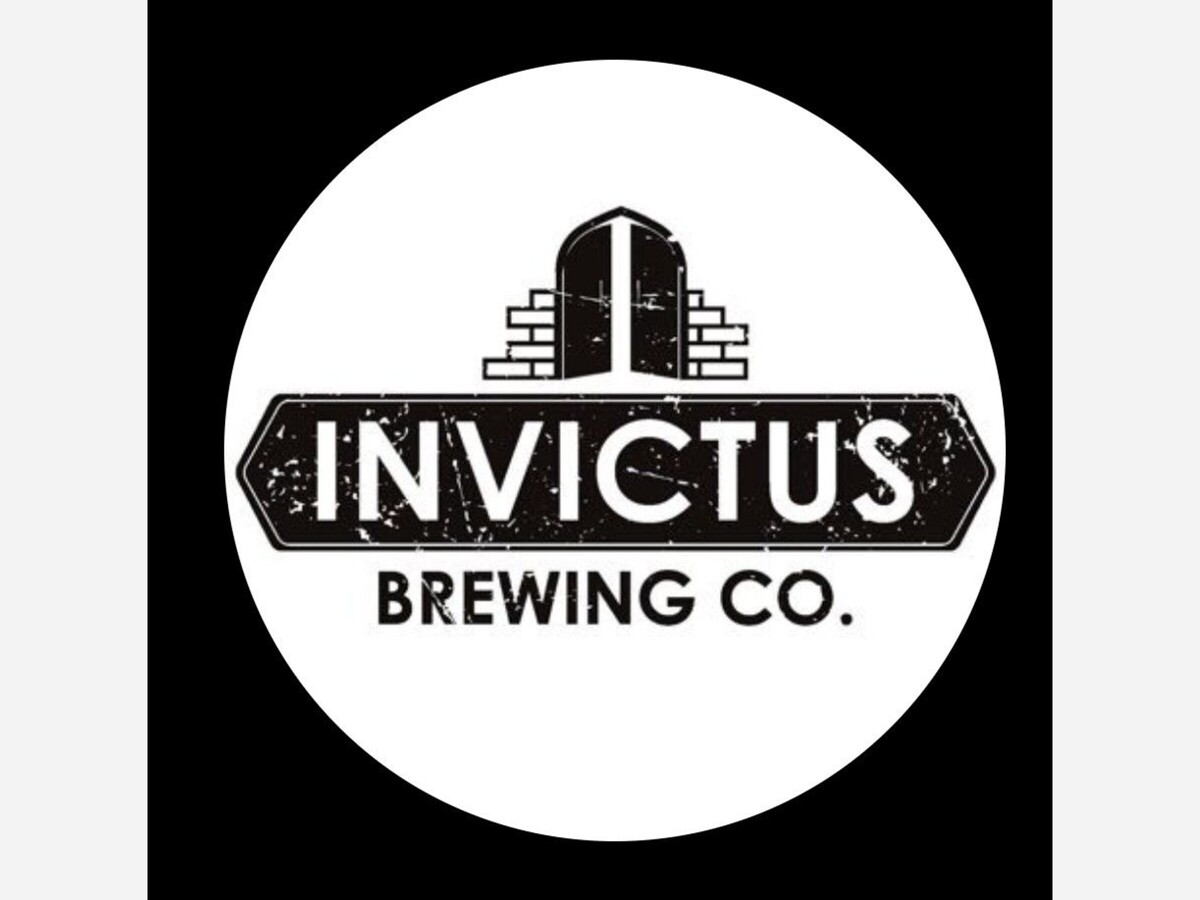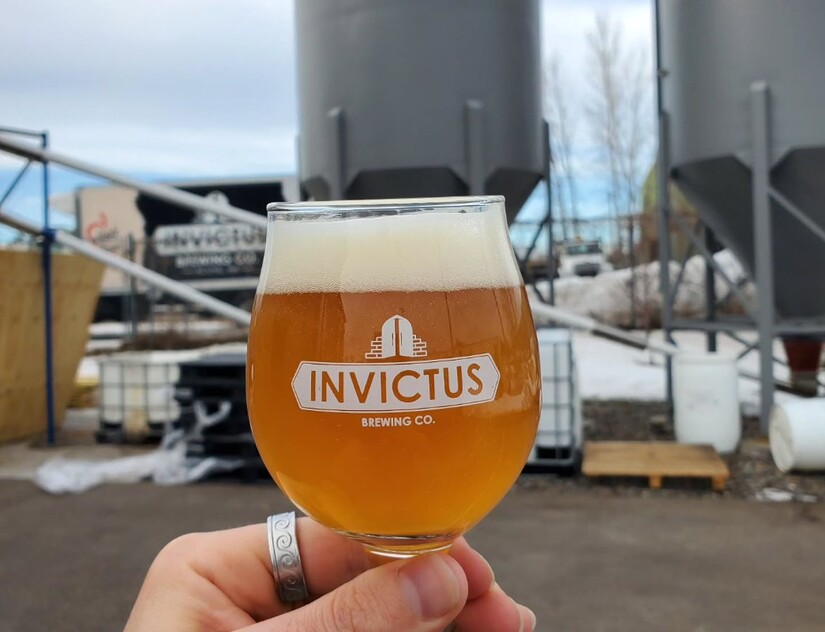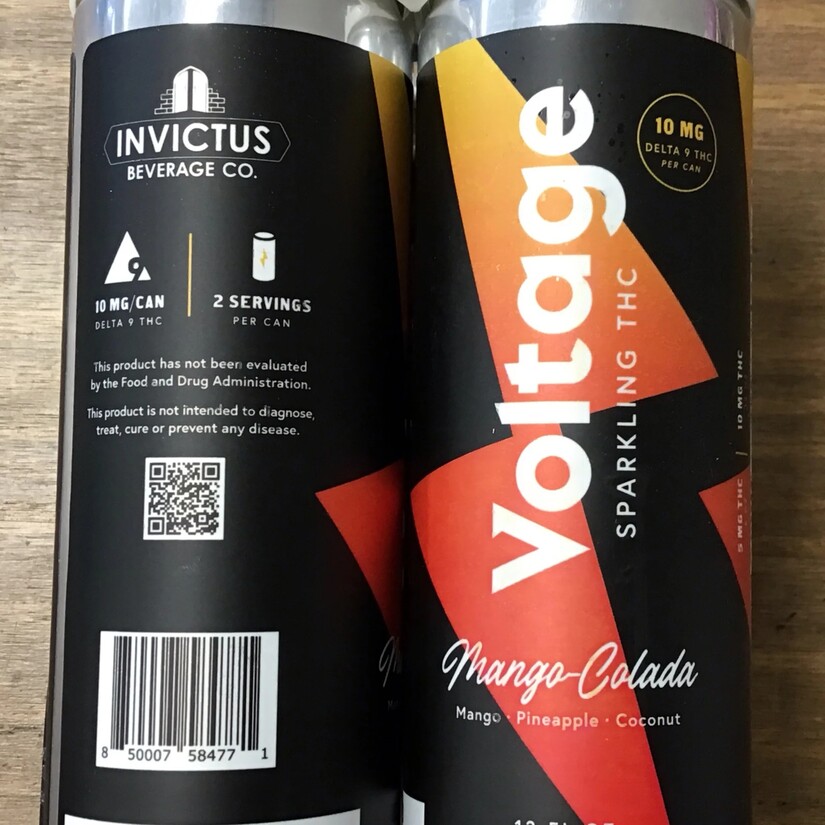Image


BLAINE, Minn. — After more than seven years serving the Blaine community, Invictus Brewing Co. has announced it will permanently close its taproom and operations, citing surging costs and an increasingly challenging business environment. At the same time, a former company leader is steering part of the brand in a new direction: Nate Schneider, Invictus’s former vice president of sales and marketing, is relaunching the brewery’s hemp-derived THC line under a new name — Voltage THC — just as federal regulators signal potentially sweeping restrictions.

Invictus shared the news on November 19 through a Facebook post, calling the decision “difficult but necessary.” Since opening in 2018 near the National Sports Center, the brewery has struggled against rising real-estate, ingredient, and supply costs — pressures that ultimately made relocation untenable after the company sold its original building earlier this year.
For more than seven years, Invictus operated as a community hub, partnering with the onsite Tipsy Steer kitchen, hosting events, and drawing consistent traffic from local sports and social venues.

As Invictus winds down, Schneider is moving in a different direction. Rather than letting its THC division fade with the brewery’s closure, he has acquired and rebranded the line as Voltage THC. Production will shift from Blaine to Trove Brewing in Burnsville — a facility Schneider co-owns — with distribution handled by Credo Brands and a full retail rollout planned for 2026.
Schneider initially explored launching new product names, including “Ampra” and “Botaniq,” but ultimately decided to build on the existing Voltage brand to maintain continuity with Invictus customers.
The relaunch comes as federal lawmakers advance language that could drastically curtail Minnesota’s hemp-derived THC industry. While Minnesota allows beverages containing up to 10 mg of THC per can, a recent federal appropriations package includes a definition change that would disqualify any product containing more than 0.4 mg of THC per container from being considered legal hemp — effectively banning the entire category of low-dose THC beverages now sold statewide.
Industry leaders warn the shift could devastate Minnesota producers. “Decimation is a pretty accurate word,” said Bob Galligan of the Minnesota Craft Brewers Guild.
Voltage THC’s original formulations — including 10 mg beverages and potential 25 mg variants — far exceed the proposed federal threshold. Schneider says he has long had a “Plan B,” and may move higher-dose production to states with more permissive laws, such as Tennessee or Wisconsin, or transition fully into Minnesota’s forthcoming adult-use cannabis market if federal rules tighten.
For Schneider, the issue extends beyond business. He shared that his father, recently diagnosed with cancer, turned to THC as an alternative to alcohol and found meaningful benefits. “It lets him eat more,” Schneider said. “He’s a lot happier and healthier now.”
Data from Invictus’s final year showed THC beverage sales reaching similar levels as beer — underscoring how important the category has become for breweries seeking new revenue streams. Schneider argues that overly restrictive federal rules could undercut both emerging hemp companies and traditional breweries adapting to changing consumer preferences.
Despite the uncertainty, he praised Minnesota’s regulatory approach and recent comments from U.S. Senator Tina Smith advocating for balanced federal oversight. “It’s scary,” he said, “but it’s not a death sentence.”
Minnesota’s low-dose hemp-THC sector has grown into a major economic engine. State oversight has transitioned to the Office of Cannabis Management, and new labeling rules set for 2025 will allow 10 mg THC beverages to be sold as single-serving cans, revising earlier two-serving requirements.
The looming federal definition change has drawn attention from entrepreneurs, lawmakers, and industry groups who fear national policy may destabilize a market that Minnesota spent years building.
Bottom line: Invictus Brewing’s closure marks the end of a beloved local institution — and the beginning of a high-stakes pivot. As Minnesota’s craft-beer and hemp-THC sectors converge under tightening regulatory scrutiny, innovators like Schneider are racing to adapt in an industry where the rules themselves may soon be rewritten.